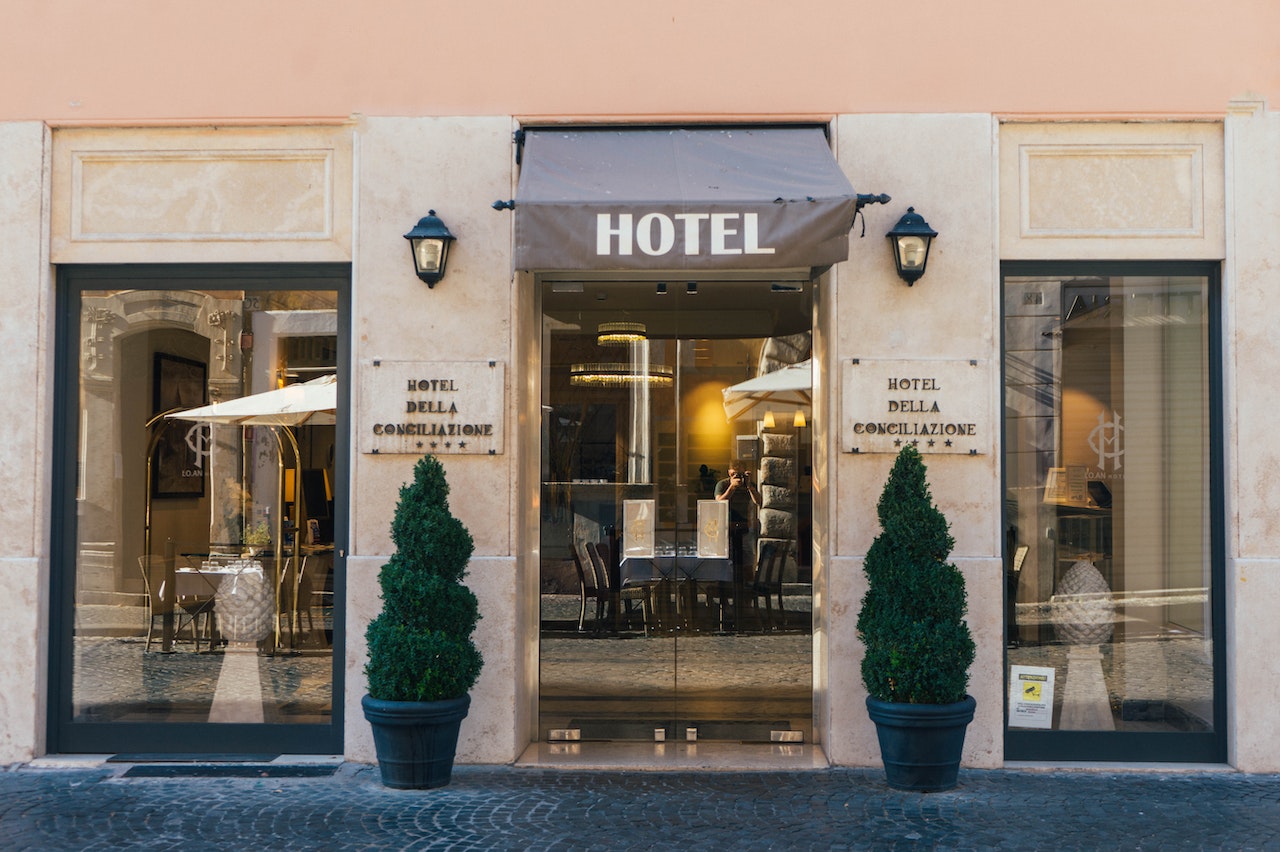
Claiming compensation in Spain for accidents suffered in Spanish hotels all over the world
The Spanish hotel sector is one of the most important in the world due to its great presence and relevance in the global tourism industry; as a result, Spanish hotel chains have expanded throughout the world.
However, when a tourist from any country stays in a Spanish hotel located in the Caribbean, for example, and suffers an accident with serious injuries, multiple questions arise about the right to compensation, against whom and where to claim.
Against whom can injured tourists in Spanish hotels all over the world claim compensation?
At a first stage, it is obvious that the claim can be directed against the hotel where the accident occurred.
But depending on the law applicable to the case, the action could be directed against another actor. Following the basic principles of Law, the law applicable to the case will normally be that of the place of the accident, unless otherwise agreed.
If Spanish law were applicable, for example, the victim, by virtue of the direct action granted by article 76 of the Insurance Contracts Law of 1980, may choose between suing the hotel, its civil liability insurance company, or both, when a previous negotiation does not work.
This option is extremely attractive, given that the insurers in Spain are subject to a very strict compensation regime, in which the delay in the payment of the corresponding compensation is sanctioned by the same law with the payment of an annual penalty interest that reaches 20% to from the second anniversary of the accident.
Where can the victim who suffers an accident in a Spanish hotel claim?
The possibility of suing Spanish hotels located in the Caribbean or in any other part of the world for accidents suffered by guests will depend to a large extent on the jurisdiction applicable to the case.
Spanish hotels located anywhere in the world may be subject to the jurisdiction of the courts of the country in which the hotel is located, or of the Spanish courts if the owner company is based in Spain, which would open the door to launch a claim in Spain, where the judicial system offers a higher standard of legal certainty than many other countries.
Are you entitled to compensation?
The answer to this question will depend on the laws applicable to the case that regulate the rights and responsibilities of both users and providers of tourist services.
Many countries have consumer protection legislation observing their right to be compensated (a different issue is the amount of these compensations).
This is certainly the case in Europe, and therefore Spain, where the Law for the Defense of Consumers and Users of 2007 provides that tourism service providers, such as hotels, must guarantee the safety and protection of guests. during their stay, and that consumers have the right to claim compensation for damages suffered as a result of an accident or incident while staying at a hotel.
It will be necessary to prove the causal link between the injuries suffered and the accident, as well as the negligence of the hotel, which for its part must prove that it did everything possible to guarantee the safety and protection of the guests, all that to obtain compensation for the physical, psychological, aesthetic and economic damage that can be demonstrated.
For this reason, a prompt action by the injured party or their relatives is essential for the viability of the claim, immediately informing the hotel staff and documenting the accident as soon as possible; collecting the greatest amount of evidence and testimony that can help in a subsequent legal proceeding, such as photographs of the accident site, medical and ambulance transfer reports, police reports, witnesses, etc.
Conclusion on the need for expert and early legal advice on tourist accidents abroad
In this way, it could perfectly be the case that an American tourist can claim compensation before Spanish Courts for the accident suffered during his vacations in a Spanish hotel located in the Caribbean (Dominican Republic, Puerto Rico, Cuba, Antilles…), if he does not have the possibility of claiming in his country, and being the Spanish jurisdiction preferred over the place of the accident, for reasons of legal certainty and procedural economy.
As can be seen, the simple occurrence of an accident during holidays abroad can harbor multiple legal complications that must be taken into account so as not to harm the rights of the victim. It is essential to have the advice of experts in cross-border litigation from the outset to help you:
- evaluating the available options,
- obtaining the necessary evidence for your case, and, ultimately,
- receiving the best compensation possible.
Do not hesitate to contact Legal Abroad to tell us about your case.




